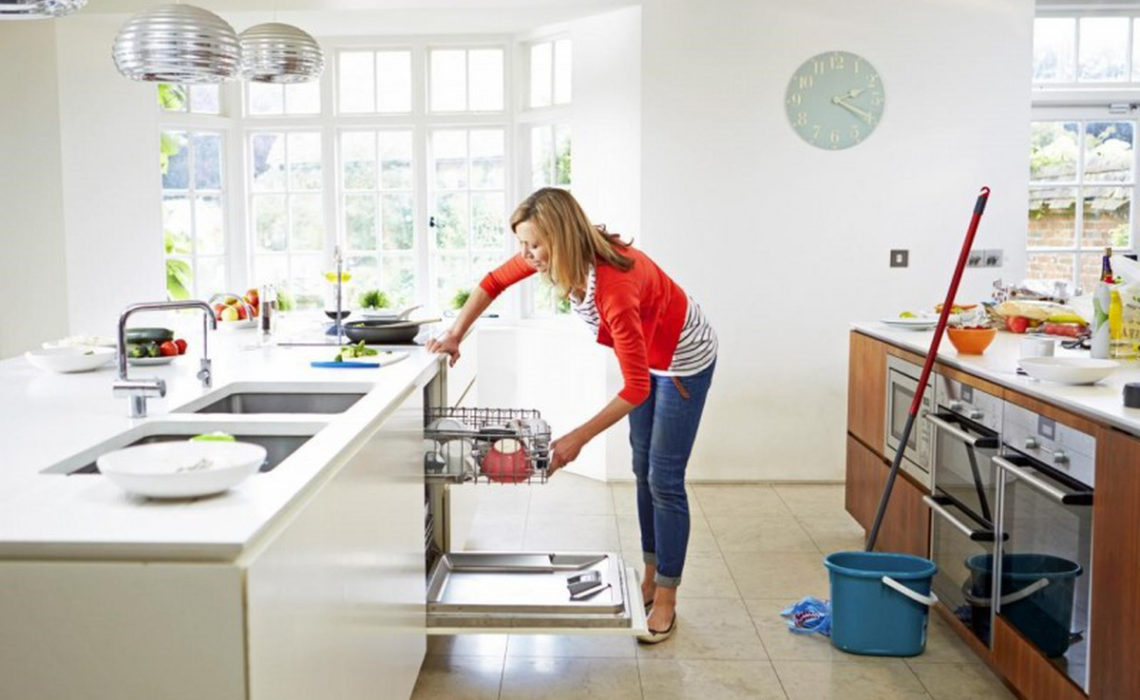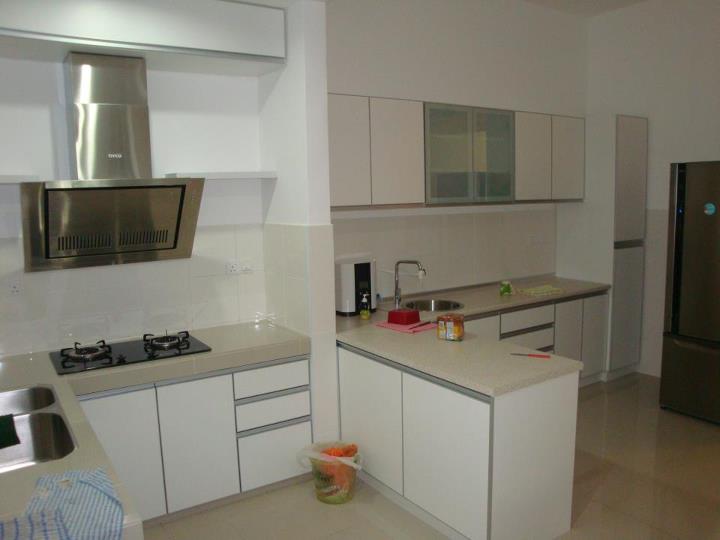Kitchen is the place where the food, which goes inside us, is cooked. Therefore, it is mandatory to maintain hygiene in the kitchen in order to stay healthy and avoid diseases like food poisoning.
Since bacteria are invisible to the naked eye, it is necessary to predict where they could be. And, unsurprisingly, they are everywhere – from the food trays of the kitchen to raw food. This makes keeping hygiene more crucial.
This article will provide you with 7 ways that can help boost your kitchen hygiene.
1: Keep Your Hands Clean
Although a majority of bacteria that surround us are harmless, others may lead to various kinds of diseases. This makes it essential to wash hands frequently during the following instances:
- Eating
- Drinking
- Touching the face
- Posterior visiting the toilet
- Handling food
- Handling raw food and waste
- Sneezing
- Coughing
- Handling chemicals
- Smoking
- While dealing with utensils, like food trays, that are clean
Washing hands regularly while working in the kitchen can help prevent bacteria to great extents. This further prevents any cross-contamination of food.
If you are planning to change just one hygiene habit, then make it keeping the hands clean.
2: Do not use the Counter to Defrost the Food
When you are required to defrost the food to-be-cooked, use the microwave, cold water or refrigerator and never use the counter. This is because whenever you utilise the counter for perishable foods for more than 2 hours, the food might still be frozen from the outside, but the outer food surface may enter the Danger Zone. The best way to thaw frozen foods is by placing them in the lowest shelf of the fridge or under cold running water for no more than an hour.
3: Cook Food Properly
By the title of this point, you may think that this is obvious. However, numerous people do not cook their food thoroughly – they undercook it. This food results in a higher risk of food poisoning due to the ingestion of harmful bacteria. Hence, if you wish to get rid of parasites, bacteria and viruses that result in food borne diseases, you must cook all the animal foods at the lowest of 76.7°C.
4: Clean every corner
The most important task is to clean the kitchen after cooking the food. We must clean the dishes, chopping board, food trays, and sponges and washing brushes.
5: Keep the Food either Cold or Hot
In case you cannot keep the food either hot or cold, it is best to get rid of it. Certain foods are vulnerable to the fast growth of bacteria before and after cooking. These foods include sliced melons, fish, eggs, poultry, sprouts, rice, beans and tofu. These foods must be kept either above 60°C or below 4.4°C.
6: Maintain the Freezer and Fridge of the Kitchen
It is necessary to clean the fridge properly at least once a month. In case there is food in the fridge, first take it out and put them in food trays. Then, wash all the compartments and shelves of the fridge with soap and warm water. Before putting these back, ensure that you have properly dried them.
7: Have a Good Bin in the Kitchen
A kitchen’s most prominent requirement is a good trash bag or bin. A more crucial thing is to empty the bin regularly. In case you do not do so, the leftovers of the food will begin to decompose resulting in rapid bacterial growth. Furthermore, you will begin to smell unusual odours.
Conclusion
An unhygienic kitchen may begin to have as many or even more bacteria and germs than an average toilet seat. Therefore, it is essential to maintain kitchen hygiene in order to stay healthy. If you want more information about home Improvement visit https://cashbuffalo.org/.





Detailed analysis! Excellent job of putting together all the information about kitchen hygiene in a single article. I do trust all the ways you have presented in your post. They are convincing and can certainly work. This is going to help me in a great way. Thanks for sharing such unique and valuable information.